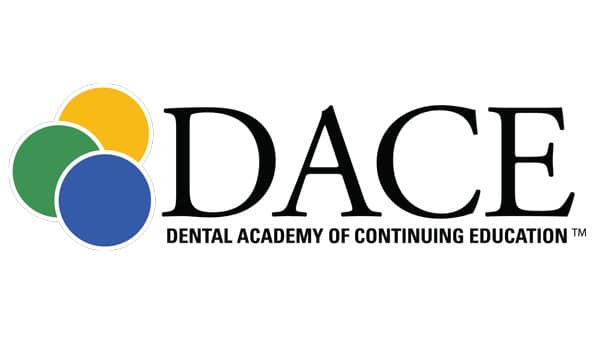Description
The term desquamative gingivitis (DG) describes a clinical condition in which the gingival tissues are erythematous, blistering, and eroding. It is not a diagnosis but is instead a term applied to the manifestation of a multitude of mucocutaneous, systemic, allergic, and immunologic diseases. The majority of cases are caused by oral lichen planus, pemphigus vulgaris, and mucous membrane pemphigoid, but many less common sources need to be considered in the differential diagnosis as well. These include erythema multiforme, lupus erythematosus, drug-induced lesions, graft versus host disease, chronic ulcerative stomatitis, plasma cell gingivitis, linear IgA disease, dermatitis herpetiformis, psoriasis, epidermolysis bullosa acquisita, paraneoplastic and neoplastic disorders, and allergic reactions. The dental clinician can play a crucial role in the diagnosis of these conditions, some of which can cause significantm morbidity and even mortality. This course will comprehensively review the clinical, histologic, and serologic findings commonly associated with DG and include other rare disorders that should be considered in the differential diagnosis of DG.

